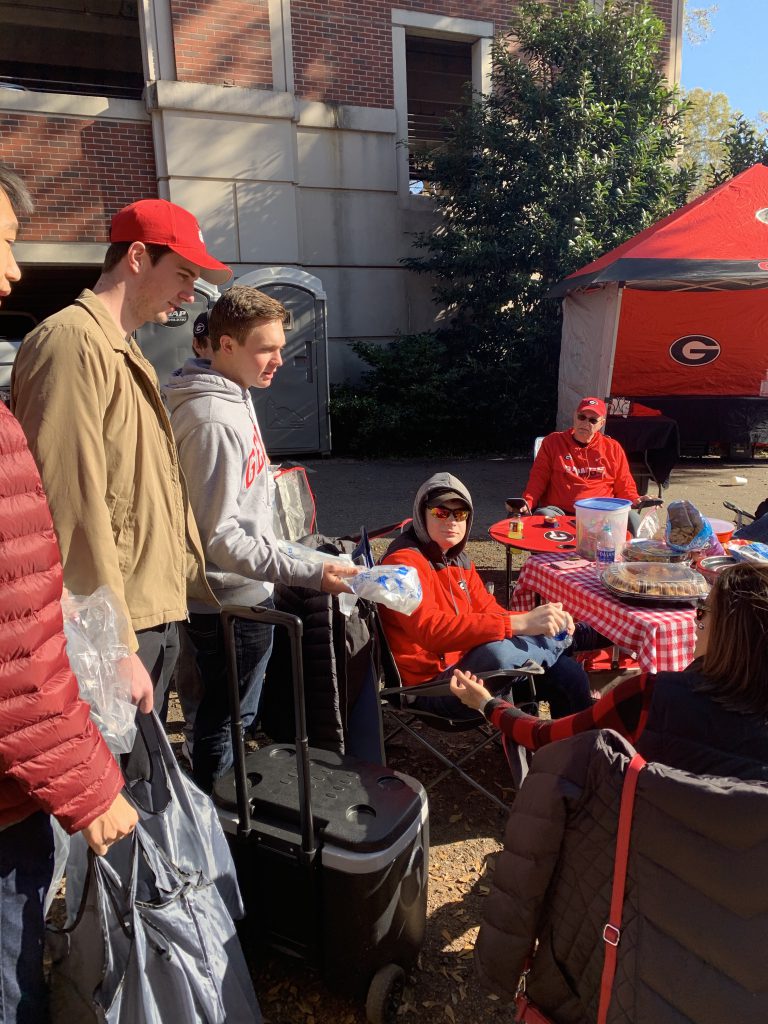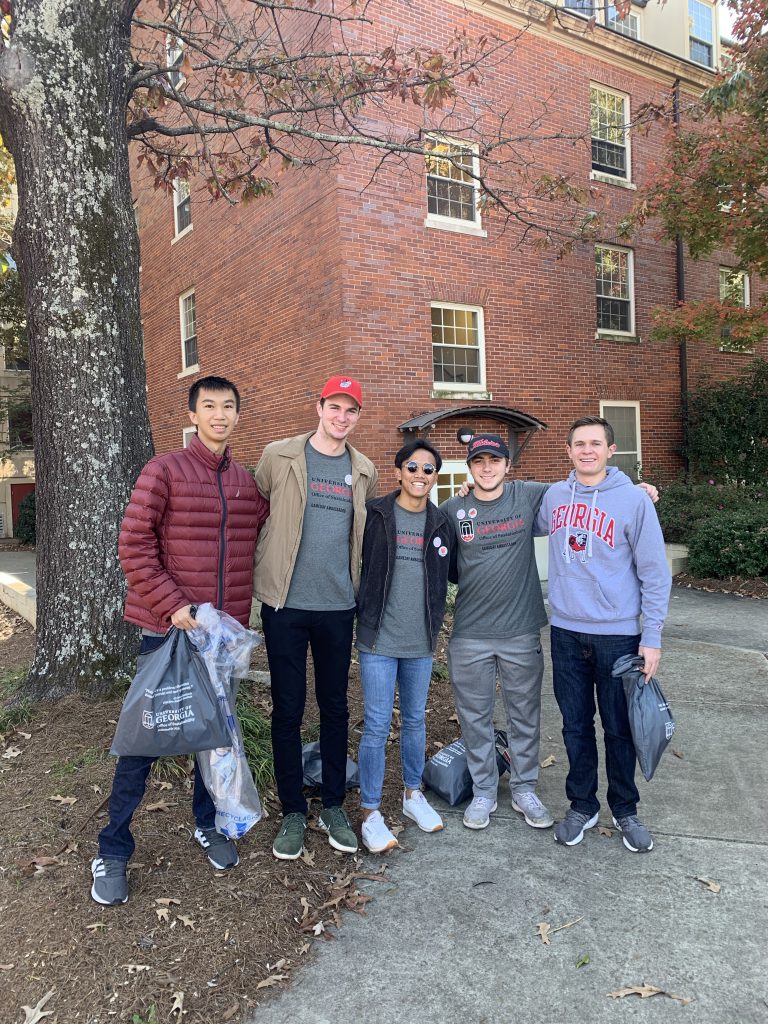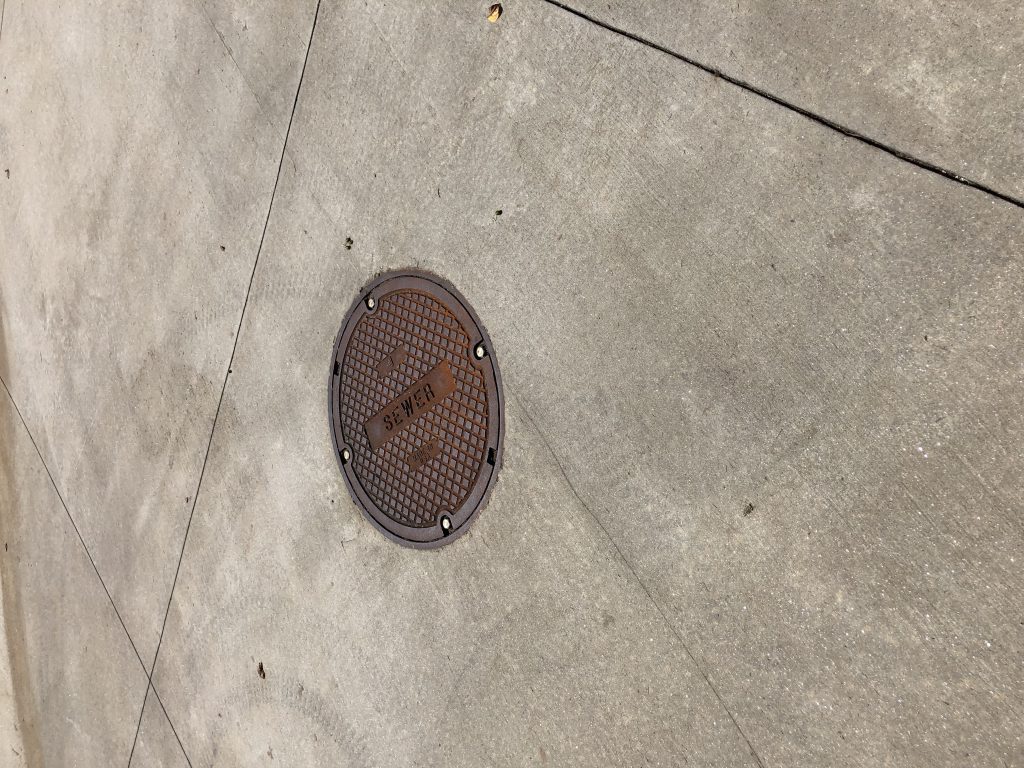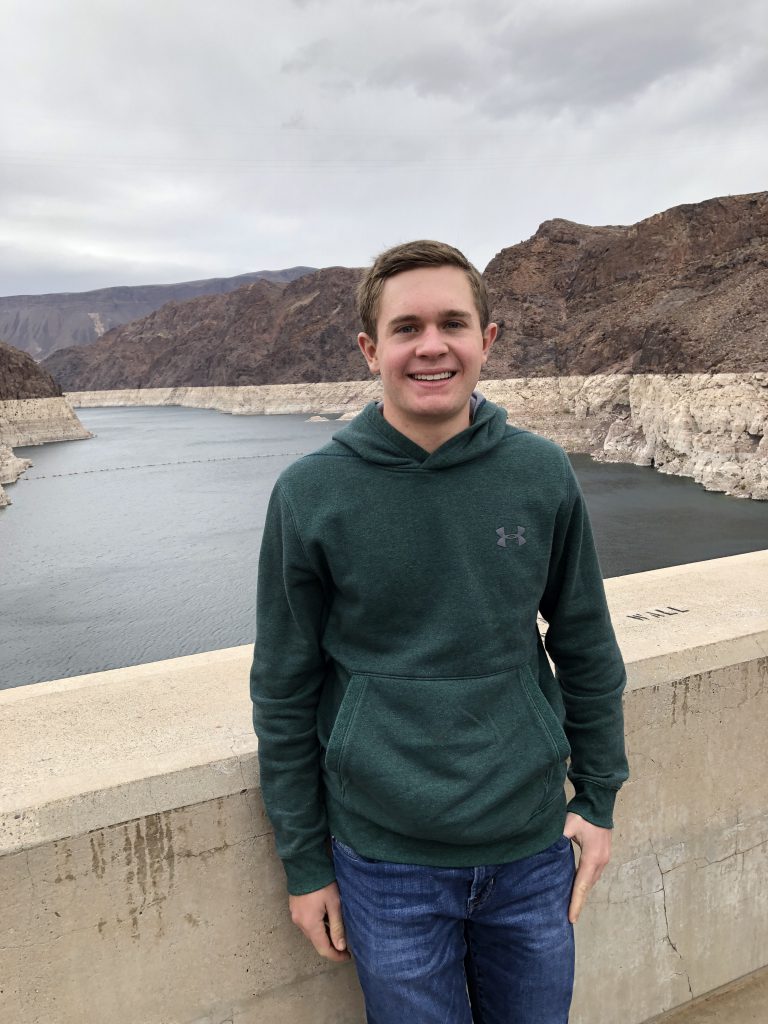By: Stephen Foernsler
What causes it?
Colon cancer is very prevalent in the United States with over 90,000 new cases each year. A person has about a 6% chance of contracting it without a hereditary history, and of those with colon cancer about 95% are sporadic and not hereditary. Of course, all cancers are heavily impacted by environmental factors, but colon cancer specifically has a high inheritance risk compared to many others. Many genes are involved with this such as MSH2 and MSH6. These genes are both located on the second chromosome and work to repair errors in DNA replication when working normally. Colon cancer is caused when there are mutations in these genes that prevent them from functioning normally. A major syndrome associated with this issue is Lynch Syndrome which is the most common hereditary form of colon cancer through inherited mutations, and having the gene associated with this gives about an 80% chance of getting cancer. It also increases a person’s risk of other cancers such as kidney or stomach.

Why genetic screening?
Genetic screening is a way to look at your own genes and see if you have any mutations that could lead to medical issues such as colon cancer. Many companies such as 23andMe require just a small spit sample to obtain your DNA and then they could look specifically look at the genes related to colon cancer for prices as low as $100. 23andMe looks specifically at the MUTYH gene that also relates to Lynch Syndrome. This can be a great way to give yourself information about yourself and understand what could hurt you. The average colon cancer rate is about 6%, but those with Lynch Syndrome have up to an 82% risk. For many people this could be the difference between life or death because this knowledge would show how they must get checked much more often for colon cancer. A positive test for a mutation will let anyone know they need to get colonoscopies much more often others or even get stool samples tested through new companies such as Cologuard. People are much more likely to make changes to the environment in a healthier way if they know they are naturally predisposed to get colon cancer, so these tests serve to give people tools to do all they can to limit this disease. Someone without any familial history does not necessarily need this test as they will not have the chance of inheriting that someone with history has. If a person knows of a parent or older relative who had colon cancer, it is a good idea to get tested in case it was from a mutated MSH2 or other gene.

What are the possible cons?
While this availability of knowledge seems great, there are many downsides that come with genetic tests. One major one is that a negative test for an MSH2 mutation does not mean you cannot get colon cancer. This could cause people to believe that they do not need to keep up with colonoscopies or other tests if they are not fully informed which is very important to know what exactly is going on. Also, having the mutation does not mean getting cancer is inevitable. A positive test result could cause some undue worry for the person testing as well as those around them. This only serves to make life worse and full of stress rather than freeing things up. It is possible other diseases or DNA mutations can be found in genetic tests that a person may not want to know about because it is one that nothing can be done about. Genetic testing is not something to be done lightly and must have much thought put into it. A genetic counselor or physician is also there to help guide people through the process to ensure they understand what is involved with genetic testing and what the results mean. They are there to make it clear what a positive or negative outcome would mean and limit the stress that can come with genetic testing.
Sources
What are the benefits of genetic testing? – Genetics Home Reference – NIH. (2019, November 12). Retrieved November 13, 2019, from https://ghr.nlm.nih.gov/primer/testing/benefits.
Collier, R. (2012, May 15). The downside of genetic screening. Retrieved November 13, 2019, from https://www.ncbi.nlm.nih.gov/pmc/articles/PMC3348188/.
What Causes Colorectal Cancer? (n.d.). Retrieved November 13, 2019, from https://www.cancer.org/cancer/colon-rectal-cancer/causes-risks-prevention/what-causes.html.
MSH2. (n.d.). Retrieved November 13, 2019, from https://www.snpedia.com/index.php/MSH2.
National Center for Biotechnology Information (US). (1998, January 1). Colon cancer. Retrieved November 13, 2019, from https://www.ncbi.nlm.nih.gov/books/NBK22218/.




